Our Research
Dr. Gallagher and her team work with a wide variety of teachers, artists and collaborating organizations to conduct research and share research findings.
Explore our projects using the links below.

Global Youth (Digital) Citizens
Can the experiences of ‘learning-in-relation,’ and deep listening that emerge in collective theatre-making help participants understand the mutual imbrication of the environment, society, and culture at a time of ecological and socio-political polarization?
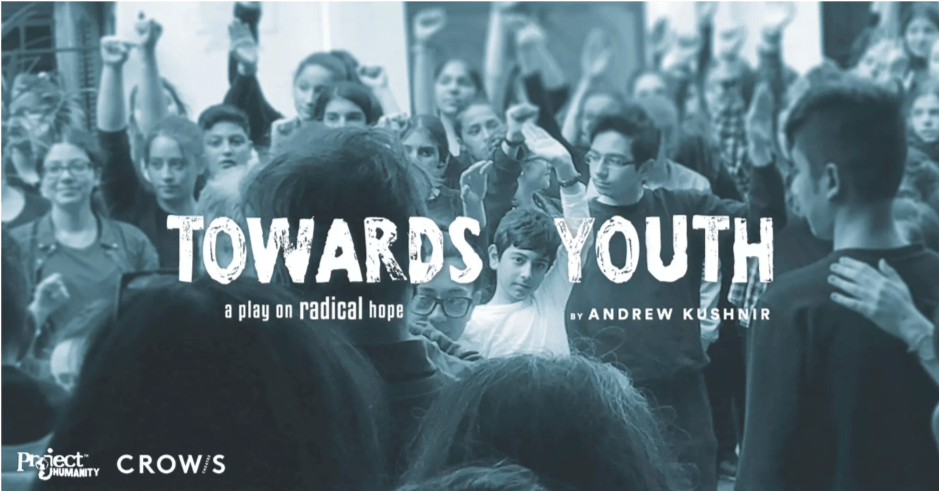
Youth, Theatre, Radical Hope & the Ethical Imaginary
In our multi-sited research, youth demonstrate the self-organizing power of radical hope and its ability to produce closeness and community with others, those right beside us and those at great distances from us.
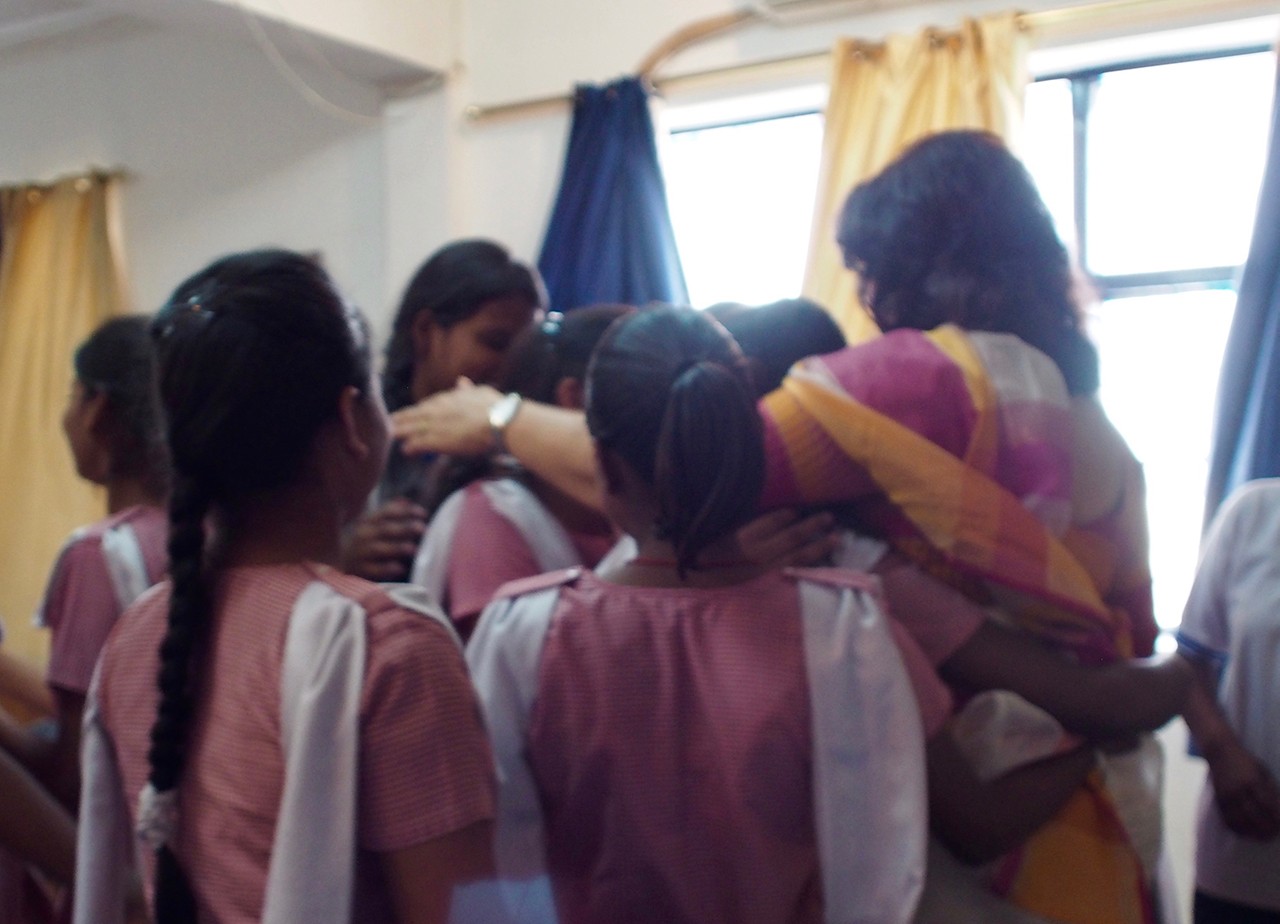
Urban School Performance: Theatre's Impact in School & Beyond
How do relationships among culture, identity, multiculturalisms, student engagement and theatre impact the lives of youth in schools and communities traditionally labelled ‘disadvantaged’?

Drama and Social Cohesion: [Re-]Constructing Identities within Education for Youth in Urban Contexts
The purpose of the study was to develop a theoretical and empirically grounded account of the dynamic social forces of inclusion and exclusion experienced by adolescents within their unique contexts of urban North American schools.
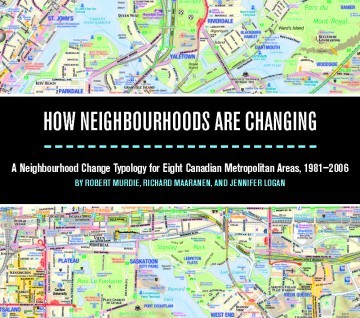
Neighbourhood Change Research Partnership
Increasing income and wealth inequalities in western nations point to the emergence of new and intense socio-economic, ethno-cultural, and spatial divisions in many cities. This project explores the policies and programs used to improve human well-being in urban environments.
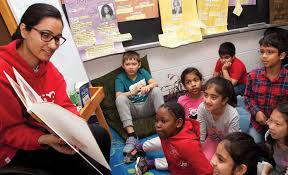
ETFO Change School Culture: Assessing the Poverty and Education Project
What is the impact and sustainability of an applied theatre intervention on a school’s ability to address the issue of local poverty?
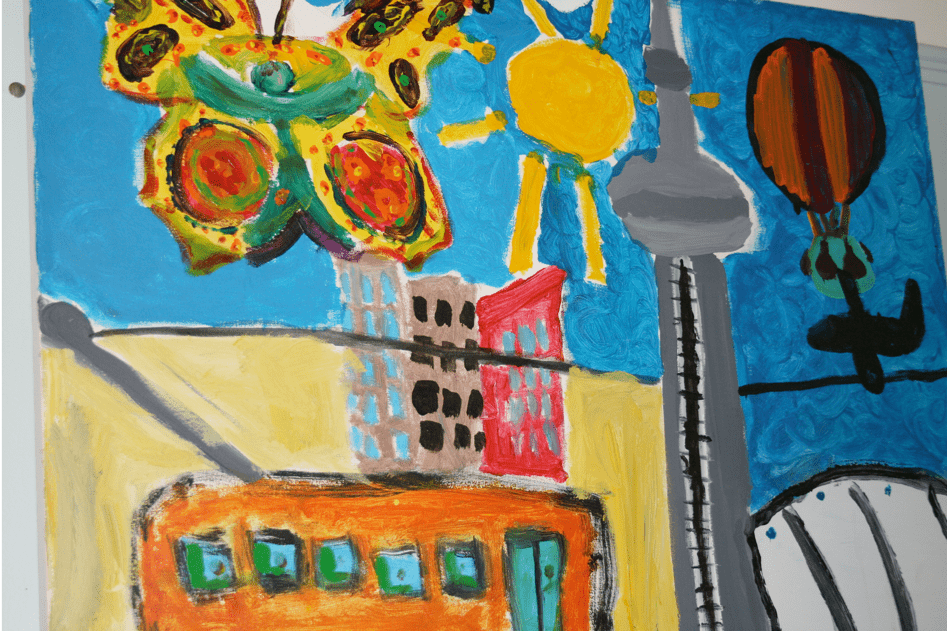
Putting Inner City Students First: The Learner, the Teacher and the Space In-Between
(PICSF) is a research project connected to the Toronto District School Board’s “Model Schools for Inner Cities” initiative.